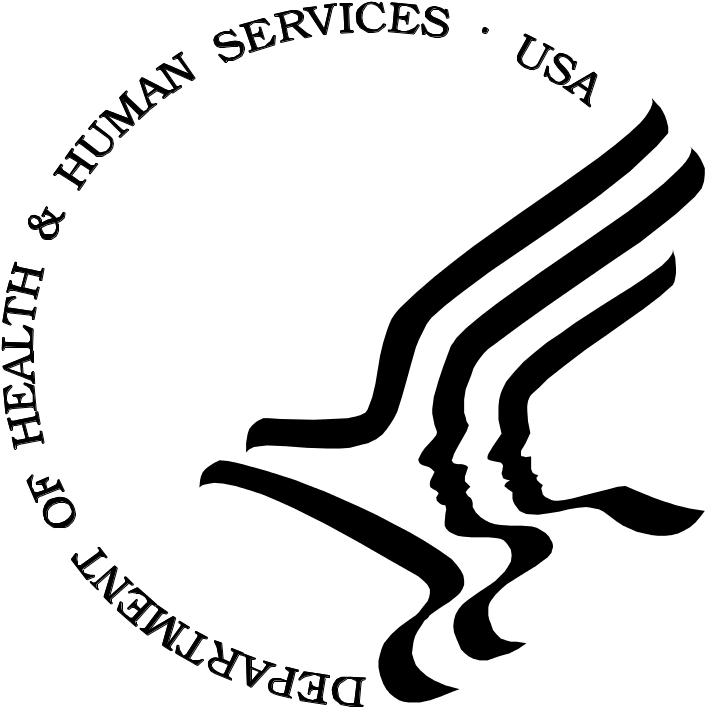Physican Workflow EHR Adoption Survey - 10 day letter
QDRL EMR letter-0112 2011.doc
NCHS Questionnaire Design Research Laboratory
Physican Workflow EHR Adoption Survey - 10 day letter
OMB: 0920-0222
 DEPARTMENT
OF HEALTH & HUMAN SERVICES Public
Health Service
DEPARTMENT
OF HEALTH & HUMAN SERVICES Public
Health Service
Centers for Disease Control and Prevention
 National
Center for Health Statistics
National
Center for Health Statistics
3311 Toledo Road
Hyattsville, Maryland 20782
January 12, 2011
Margo Schwab, Ph.D.
Office of Management and Budget
725 17th Street, N.W.
Washington, DC 20503
Dear Dr. Schwab:
The staff of the NCHS Questionnaire Design Research Laboratory (QDRL) (OMB No. 0920-0222, exp. 03/31/2013) plans to conduct research to evaluate the Physician Workflow and Electronic Health Records Adoption Survey for the Division of Health Care Statistics.
We propose to start advertising for volunteer participants as soon as we receive clearance and to start testing as soon as possible after that.
Background Information about Cognitive Testing of Questionnaires
The methodological design of this proposed study is consistent with the design of typical cognitive testing research. As you know, the purpose of cognitive testing is to obtain information about the processes people use to answer survey questions as well as to identify any potential problems in the questions. The analysis will be qualitative.
Proposed project: Physician Workflow and Electronic Health Records Adoption Survey
The purpose of the Physician Workflow and Electronic Health Records Adoption Survey is to collect information about physician office practices and the adoption of electronic medical records in ambulatory care settings over the next three years. The Physician Workflow and Electronic Health Records Adoption Survey, sponsored by the Office of the National Coordinator for Health Information Technology (ONC) aims to capture panel data on the costs, benefits, and barriers associated with the use of electronic health records (EHRs) at various levels of adoption. The goals of the Physician Workflow and Electronic Health Records Adoption Survey are to 1) measure physician progress toward HITECH program goals and 2) provide insight and feedback on the expectations for productivity of the physician workflow and return on investment for Electronic Health Records (EHR) system adoption. In order to obtain this type of data on the costs, benefits, and barriers associated with EHR, the Physician Workflow and Electronic Health Records Adoption Survey when fielded will supplement the NAMCS Supplement on Electronic Medical Records.
The Physician Workflow and Electronic Health Records Adoption Surveys that we are evaluating appear as Attachment 1a, (having adopted electronic health records to some extent, and Attachment 1b (no electronic health records adoption). The testing procedure will conform to the cognitive interviewing techniques that have been described in our generic ERB clearance package.
Cognitive interviews will be conducted with a variety of physicians, i.e., generalist and specialists, with various degree of Electronic Health Records system adoption, and from various practice size, i.e., large vs. small. DHCS will provide the QDRL with contact information for physicians who have most recently participated in the NAMCS Supplement on Electronic Medical Records and the closest geographically. Potentially DHCS might also be able to provide a list of physicians who have not participated in the NAMCS. DHCS will hand carry contact information to the QDRL. An invitation letter will be used to recruit respondents. The invitation letters are shown in Attachments 2a & 2b. As a follow-up to the invitational letters, QDRL staff will call individuals (for whom we have contact information) to talk to them about the study, what they will be asked to do, and to ascertain their interest in participating in the study. There will be no coercion. Individuals will be told that their participation in the study is entirely voluntary.
As many as forty 60-minute cognitive interviews may be conducted. Though our goal is to conduct 60-minute full-length interviews, if during recruitment individuals repeatedly express willingness for a shorter interview, we may conduct shorter interviews in lieu of no interview at all.
Cognitive interviews will be conducted by QDRL staff members in a private room in the physician’s office, hospital facility or mutually agreeable location. With the consent of the participants, the interviews will be recorded on videotape or audiotape. Participants will be informed of taping procedures (including observation if applicable) in the process of reviewing the consent forms, and the equipment will be turned on once it is clear that the procedures are understood and agreed upon.
At the end of the interviews, participants will be paid and provided with copies of all papers they signed.
We propose paying physicians participating in the cognitive interview $100.00 for their participation. Since we have a finite sample (physicians who have most recently participated in the NAMCS Supplement on Electronic Medical Records and the closest geographically) from which to draw and physicians are extremely busy and overburdened, the incentive has been increased over and above our normal $40 incentive to increase participation, reduce the number of cancelations, and maximize time and travel in a particular state/location.
In total, for this project, the maximum respondent burden will be 40 hours of interviewing in addition to travel time. An updated burden table for this project is shown below:
-
Projects
Number of
Participants
Number of
Responses/
Participant
Average hours
per response
Response
burden
QDRL Interviews
2) NCHS Surveys
40
1
1
40
Attachments (3)
cc:
M. Moien
C. Walker
S. Perryman
| File Type | application/msword |
| File Title | DEPARTMENT OF HEALTH & HUMAN SERVICES |
| Author | krs0 |
| Last Modified By | krs0 |
| File Modified | 2011-01-12 |
| File Created | 2011-01-12 |
© 2026 OMB.report | Privacy Policy